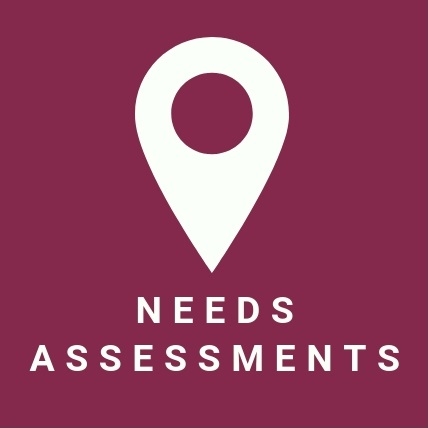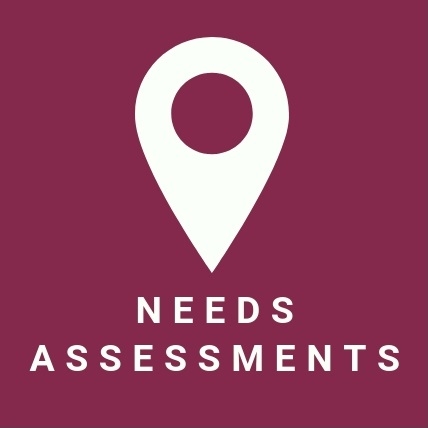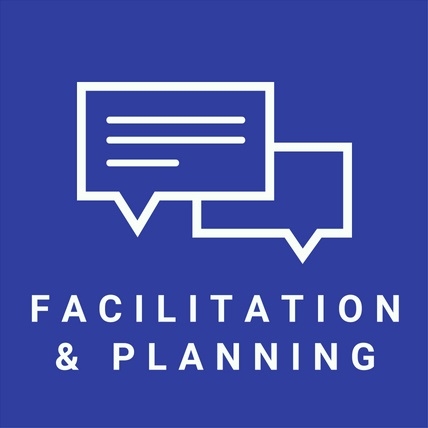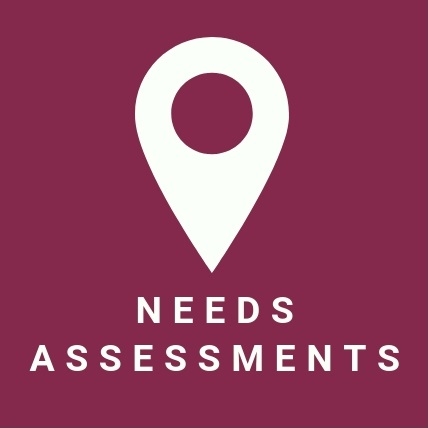Projects
CCBR typically has 15-20 ongoing projects and has completed over 450 projects since 1982. Each project is guided by our commitment to impacting social change in practical and powerful ways. We conduct research with people not on people, cultivating respect with communities at every step of the process.
Projects can be searched for using words from the project title or using the service area, theme, or date range for the project. You can also type 'Service Area' or 'Theme' into the search bar to get a list of options in each of these fields.
Projects
CCBR designed and delivered customized training, coaching, and mentoring activities about community-based research for partners of the Rural Secretariat of Newfoundland and Labrador. Partners learned about background information of the biannual international Community University Expo (CUExpo) conference, which Corner Brook hosted in 2013.
The purpose of the needs assessment was to understand and assess the housing and accommodation needs of people in Thunder Bay who use substances, and to develop a community plan to address the needs identified. The needs assessment was funded by City of Thunder Bay.
CCBR was asked to provide ‘snapshots’ of systemic barriers that diverse communities face in accessing Region of Waterloo's services and programs. Interviews were done with individuals representing nine diverse groups: immigrants and refugees, LGBT folks (lesbian, gay, bi-sexual, and transgender), people living with disabilities, Indigenous people, people living in poverty, rural residents, seniors, youth, and women.
CCBR provided research support to a community food security initiative in Chatham-Kent. The initiative identified community needs, priorities, and desired policies in order to improve access to healthy and local foods. CCBR developed data collection tools, analyzed the data, and wrote a comprehensive report for the municipality. The research was funded by Chatham-Kent Public Health Unit.
CCBR provided a quantitative and qualitative review of the scope of predatory lending practices in London and Middlesex County. The study provided information about payday lenders and payday borrowers, education about payday loans, and future implications using a variety of research methods. The study was funded by United Way of London & Middlesex.
CCBR conducted an evaluation of the Citizenship and Immigration Canada Settlement Interpreter Curriculum Project run by the Kitchener-Waterloo Multicultural Centre (KWMC) and partners. The main objectives were to 1) assess the impact of workshops on interpreters, 2) assess user-friendliness for instructors, and 3) evaluate project management.
This project was an outcome evaluation of World Vision Canadas’ Partners to End Child Poverty (PECP) program designed to develop national strategies with community-based organizations (54 across Canada) to advance the well-being of children, their families, and the communities in which they live.
This project aimed to foster enhanced community partnerships between banks, borrowers, and service providers to increase Waterloo Region's capacity for healthy financial management practices. CCBR facilitated and documented all the community meetings. This project was funded by KW Community Foundation via The Working Centre.
CCBR developed an evaluation framework for the Young Women’s Christian Association (YWCA) Toronto Elm Centre, a 300-unit supportive housing complex for low-income women and their families, for women living with mental health and addiction issues, and for families of Indigenous ancestry. CCBR conducted an evaluation of an innovative staff training and capacity building initiative to support the implementation of services within the Elm Centre.
CCBR partnered with the Region of Waterloo to capture and tell the story of Supportive Housing of Waterloo (SHOW)’s first building. CCBR conducted focus groups and interviews with stakeholders to understand the process and progress of planning and making a permanent, affordable supportive housing complex.
CCBR conducted a research project entitled “Payday Lending: In Search of a Local Alternative”. The purpose of this study was to look at the existing practice of payday loan facilities and to explore the need of a ‘made-in-Waterloo’ solution as an alternative. This study was funded by the Wellesley Institute.
The purpose of this evaluation was to develop evaluation plans for all of the projects and data collection for some of the projects within Persistent Homelessness, a series of pilot projects aimed to address persistent and episodic homelessness and to aid people to find and maintain housing.












